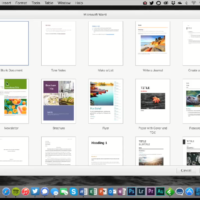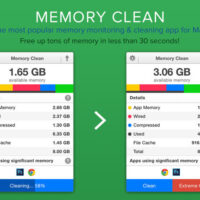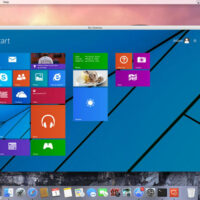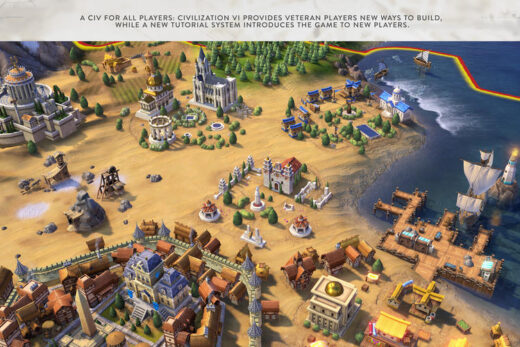A functional AirPower prototype from early on in its development has exhibited some of the severe thermal problems, including burning or melting devices placed on the charging pad, that ultimately led Apple to abandon the project.

AirPower was an Apple-designed charging mat designed to charge Qi-based iPhones, the Apple Watch, and AirPods that Apple announced in September 2017 alongside the iPhone X. AirPower was designed so that users could place an iPhone, AirPods, and Apple Watch on any part of the mat to charge them, which meant that multiple overlapping charging coils had to be included.
It would have prompted devices to display a unique on-screen iOS animation when they were placed on the charging mat, as seen in Apple’s early marketing materials. An iPhone on the AirPower charger would also have shown the charge of all of the devices that were placed on the pad. AirPower missed its original 2018 launch date goal, and after a large number of issues with its development, Apple outright canceled the AirPower project in March 2019.
Photos depicting an AirPower prototype first surfaced on social media in August 2020, showing a multi-coil design and the device’s internal circuitry, and the first video footage of the device emerged in August 2021. Multiple other AirPower prototypes have emerged since then, but most are no longer functional.
I love it🤪 pic.twitter.com/tMoPg8ktSU
— Kosutami (@KosutamiSan) December 17, 2023
The Apple leaker and prototype collector known as “Kosutami” recently obtained an early version of the AirPower charging mat. The prototype features 15 charging coils, unlike later revisions that had up to 22 coils, leaving small gaps between them. Like other AirPower prototypes that have emerged in the past, the unit does not feature the white exterior shell that Apple marketed the device with, displaying its internal circuitry more clearly.
In contrast to most other prototypes seen in recent years, Kosutami’s unit is largely operational. Rebooting after issuing commands to initiate auto-calibration allowed a large amount of information to be read off the prototype, such as the firmware install date of March 17, 2017, commands for selecting specific coils, and more.

Kosutami found that when devices were aligned precisely with one of the charging coils, the AirPower charged steadily at a low voltage, with no noticeable thermal problems. Kosutami told MacRumors that with improper placement, the AirPower proceeds to get extremely hot and can even leave devices with scorch marks. In fact, Kosutami’s AirPods Pro charging case began to melt when charging on the AirPower.
This requirement for precise positioning between devices and the charging coils defeats much of the purpose of the accessory, which Apple touted as more convenient than other Qi wireless chargers that demand careful placement. Apple ultimately addressed this problem with a different technology: MagSafe.

Apple subsequently increased the number of coils inside the AirPower in an attempt to mitigate the problem, but found that higher coil density only made overheating worse. No AirPower prototypes have emerged from 2018 or 2019, suggesting that the short-lived device’s hardware was almost entirely developed in 2017 or earlier. Instead, software was the subject of a period of iteration before the AirPower project was shelved due to an inability to resolve overheating issues.
Rumors in subsequent years about Apple’s work on a smaller wireless charger seem to have been related to MagSafe or the MagSafe Duo charger, rather than AirPower. Nevertheless, a report from reliable Bloomberg journalist Mark Gurman last year said that Apple is still looking into AirPower-like charging solutions for the future.
This article, "Early Prototype Shows Why Apple Abandoned AirPower" first appeared on MacRumors.com
Discuss this article in our forums
Remember to like our Facebook and our twitter @macheatdotcom for more games, wallpapers & apps.












